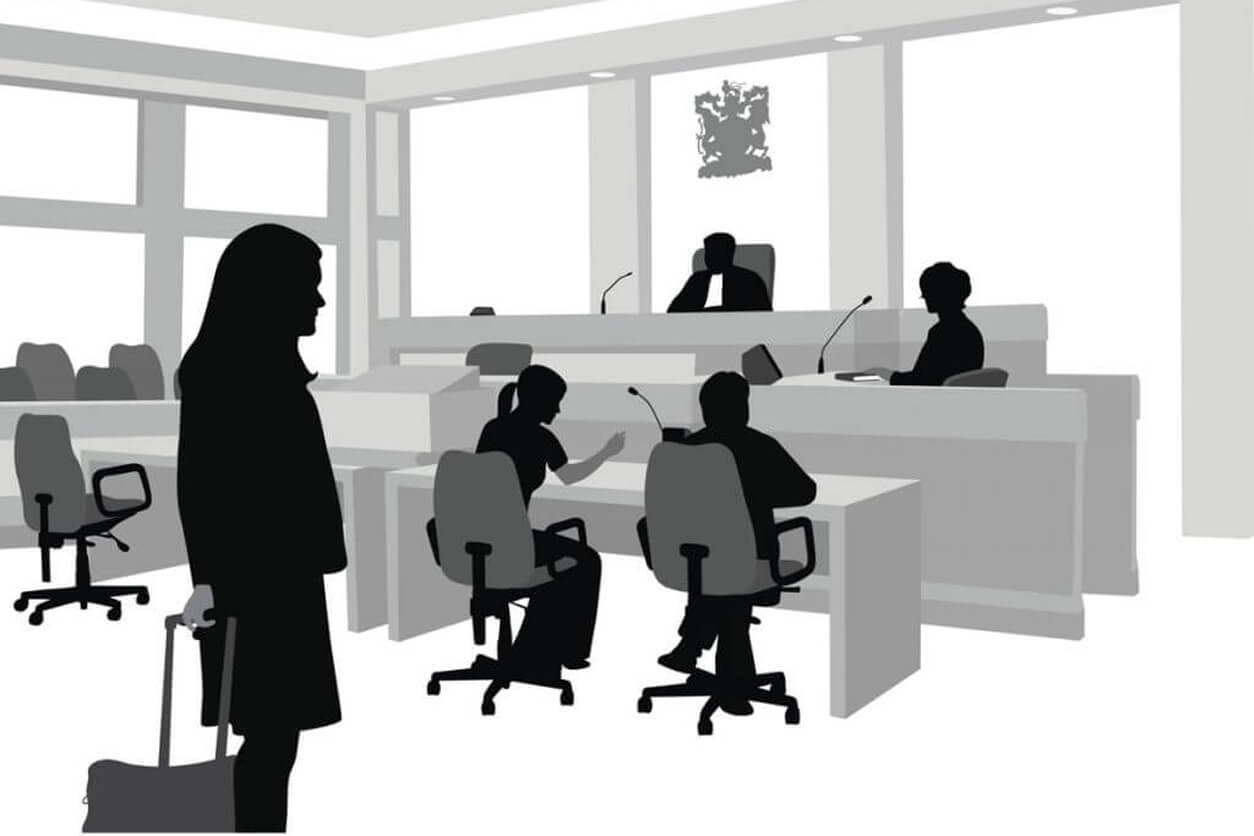From 10 September 2019, personal cross-examination will be banned in family law proceedings in certain circumstances where allegations of family violence have been raised. Personal cross-examination is where a party asks questions of another party or witness directly, rather than having the questions asked by a lawyer.
Under the scheme, cross-examination will now be conducted by legal representatives.
Unrepresented litigants will be unable to cross examine the other party at an interim or a final hearing if there are allegations of family violence and any of the following apply:
- Either party has been charged with or convicted with an offence involving violence or threat of violence to the other party;
- A final Family Violence Order applies to both parties;
- An injunction has been made under the Family Law Act for the personal protection of one party against another;
- The Court determines the prohibition should apply and makes an Order under S102NA (c)(iv) of the Family Law Act.
The ban or protective measures are put in place whether the questioning is done by the alleged abuser or by the victim. The measures may be put in place by the Judge with or without an application by a party. The purpose of the ban is to ensure proceedings are conducted in a way that is fair to both parties and that victims of family violence are not unintentionally exposed to further trauma by the Court processes.
The Commonwealth Government has provided $7million over three years to Legal Aid to help parties meet the cost of hiring a lawyer to conduct cross. The funds are spread across all States and Territories and access is not means or merit tested, litigants required to have legal representation may be asked to contribute to the cost of hiring the lawyer. Once the order is made the notice of the ban is forwarded to the State Legal Aid agency and the person named on the notice will be contacted by Legal Aid and invited to apply for funding under the Family Violence and Cross Examination Scheme.
Cross examination is a necessary part of testing the evidence and not an optional extra. It would be rare for a court to make a decision about a dispute without each party being afforded the opportunity to test the evidence relied upon by the other party.
Courts are already subject to guidelines intended to afford justice to the litigant in person. The new regime is designed to protect victims of family violence from perpetuation of family violence in the Court room.
Please contact our office if we can assist you with your family law matter.






